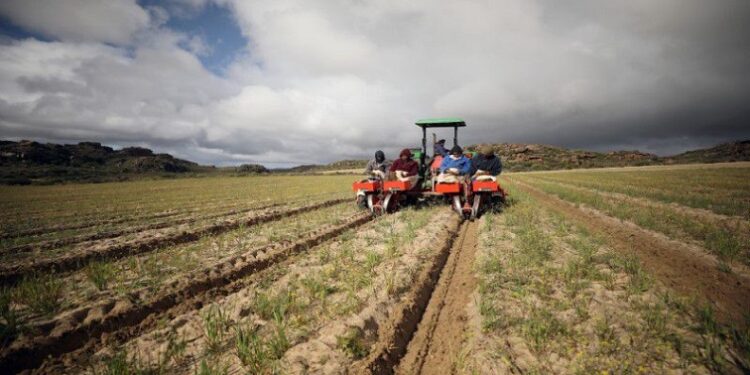Women in agriculture continue to face challenges of lack of access to land, finance and markets. This was heard at the inaugural symposium of women in agriculture hosted by the Department of Agriculture in Johannesburg today.
It also has heard that the threat of climate change negatively affects farming operations and incomes. The Department of Agriculture says the symposium is a platform created to address women’s needs and challenges as well as link them with opportunities.
Women in agriculture and agro-processing came together to address various challenges they face and to learn best practices from one another. They say climate change threatens food security and requires measures to mitigate the effects affecting crops and animal farming.
Agriculture Minister Thoko Didiza says access to finance, technology, land, water and markets need to be addressed for women to prosper and contribute to food security.
“We are targeting women because in our view, we have to have a dedicated programme that supports women in agriculture and agro processing , as you can see in the exhibition that is here, there is a lot that women are already doing, all that they need is further support in order for them to thrive, others have already got market access where they sell their goods, but more can be done to make sure that we scale up, those that are there, we give them a push and those that are still upcoming we give them push,” says Didiza.
Women farmers say their contribution is often overlooked and undervalued. They consistently have less access to resources than their male counterparts. They say the gender inequality needs to be addressed and women’s voices heard as they play an important role in agriculture.
“The biggest scarcity it’s one huge equipment called the sterilising unit, which is costing about R5 million and I couldn’t get funding for it, because no one could listen to what I am saying…issue of not being listened to,” says Nomsa Ngwenya, NTL Baraka farming.
“We have started to realise the impact of global climate change in our operation, let me give an example bees forage nectar from flowers in order to produce nectar, and earlier in the year for example we had a very long rainy season, when it’s raining for a long period of time, the bees don’t go out to forage, it means that your production reduces, diminishes,” says Mems Ramoila from Bee Africa
“The challenge in the primary is that grain is a white and male dominated industry so it’s not easy for females, that’s my main challenge,” says Rethabile Maimane from Golden goose.
Delegates heard that 70 % of subsistence farmers in South Africa are women, but only 17 % of them are land owners. It’s said that women are responsible for about 80 % of food production at various stages in the value chain.
VIDEO: Symposium of women in Agriculture under way in Johannesburg






